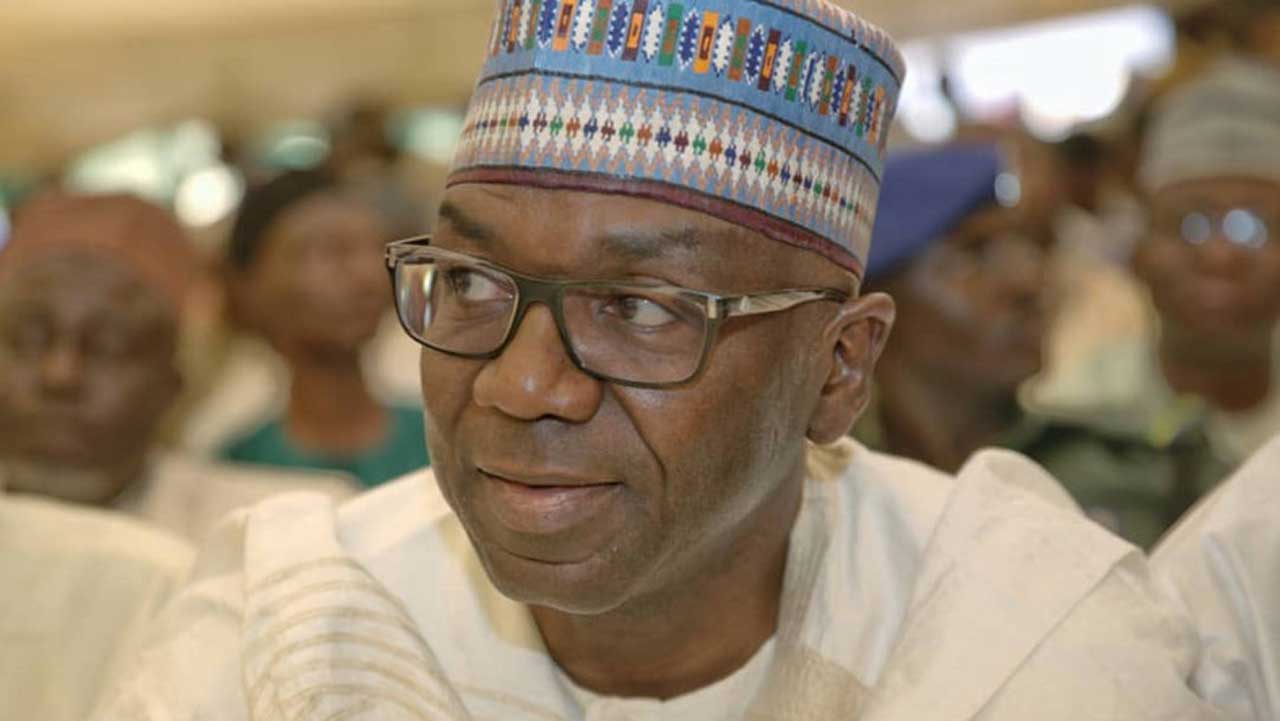Kwara State Government Executive Council has slashed the 2020 budget to N114,791,853,968, a 29.4 percent decrease from the approved budget of N162,487,666,170.
The council’s decision is a fallout of dwindling revenue arising from COVID-19 pandemic and steep global economic slowdown.
At a virtual meeting presided over by Governor AbdulRahman AbdulRazaq, the Executive Council, EXCO, approved the presentation of the revised Appropriation Bill 2020 to the House of Assembly.
The governor forwarded the document to the House on Thursday, July 23, 2020.
The Exco meeting was heralded by a minute silence and prayer for the late chief of staff to the Governor, Aminu Adisa Logun.
The budget prioritises completion of capital projects and first line charges such as payment of salary, gratuities and pension, and social spending targeted at curbing poverty.
The new budget allocated N46.9 billion to capital expenditure, down from the N89.4 billion in the approved one, while N67.8 billion will be spent on recurrent expenditure, down from N73 billion in the Appropriation Law.
The proposal adjusted revenue to the state to N104 billion, down from the N150.2 billion in the approved budget.
A sectoral breakdown showed a huge allocation of N22.9 billion to health (as against N27.7 billion in the approved budget); N23.6 billion to education, down from N33.8 billion in the approved budget; N6.6 billion to works, down from N17.2 billion in the approved budget; and N2.3 billion to agriculture, down from the initial N3.3 billion.
Sources of financing of the revised budget included the federal allocation of N46.1 billion; internally generated revenue of N25.9 billion; the opening balance of N7.4 billion; N6.9 billion anticipated receipts for the inherited World Bank programmes such as Youth Employment and Social Support Operation, YESSO, Community and Social Development Project, CSDP, Rural Access, and Agricultural Marketing Project, RAAMP, and Accelerating Nutrition Results in Nigeria, ANRIN, etc; and the domestic short-term loan of N1.8 billion (UBEC counterpart funds).
Source: The Nation







